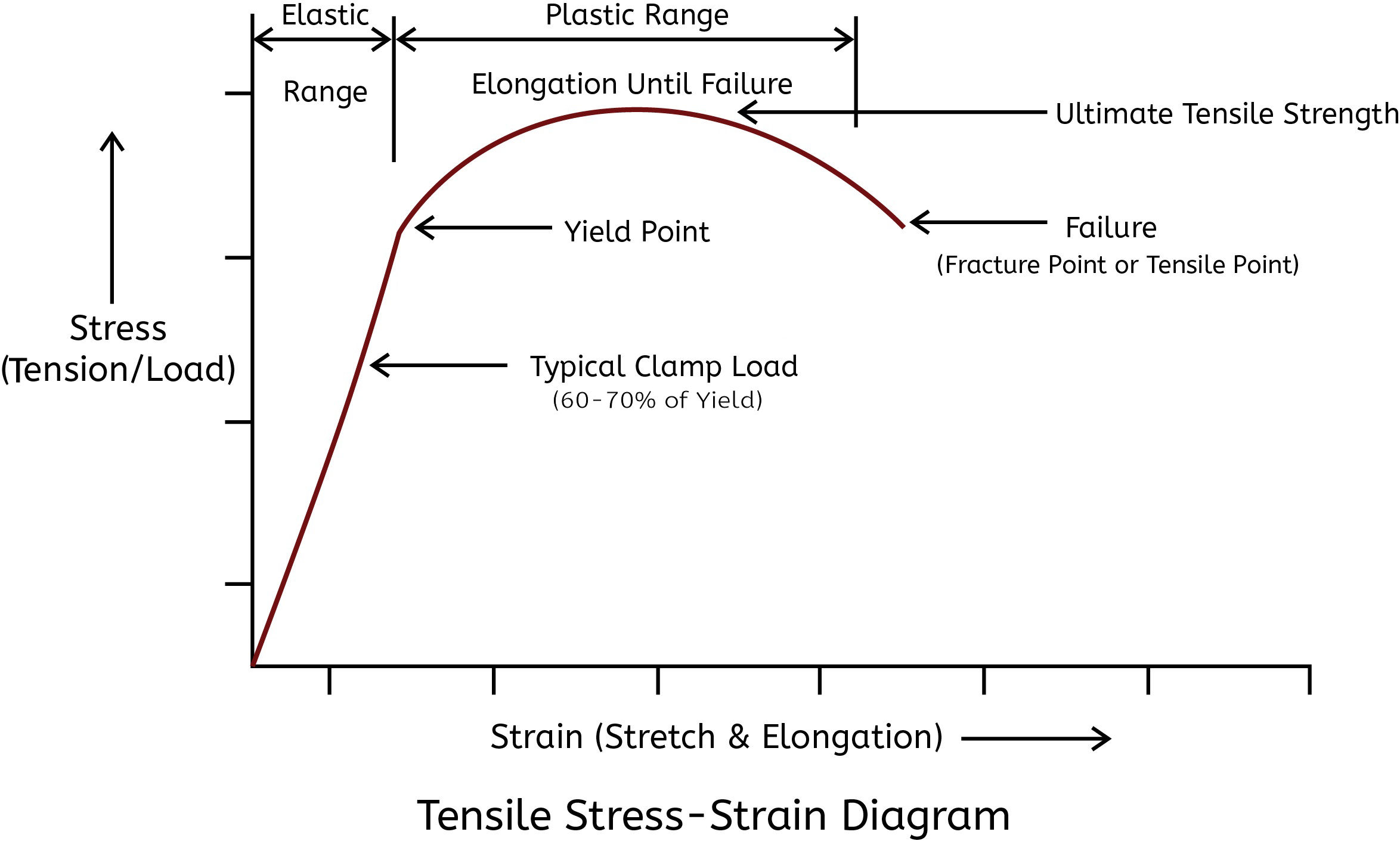Hi
I work at Newark and I'm reviewing Torque Screwdrivers. Do you use them? If so what increment range is common and are you using metric or imperial.
My background is in rough electrical work, but I'm interested in how the torque screwdrivers are used by engineers or if they are used in PCB assembly.
Thanks
TB

